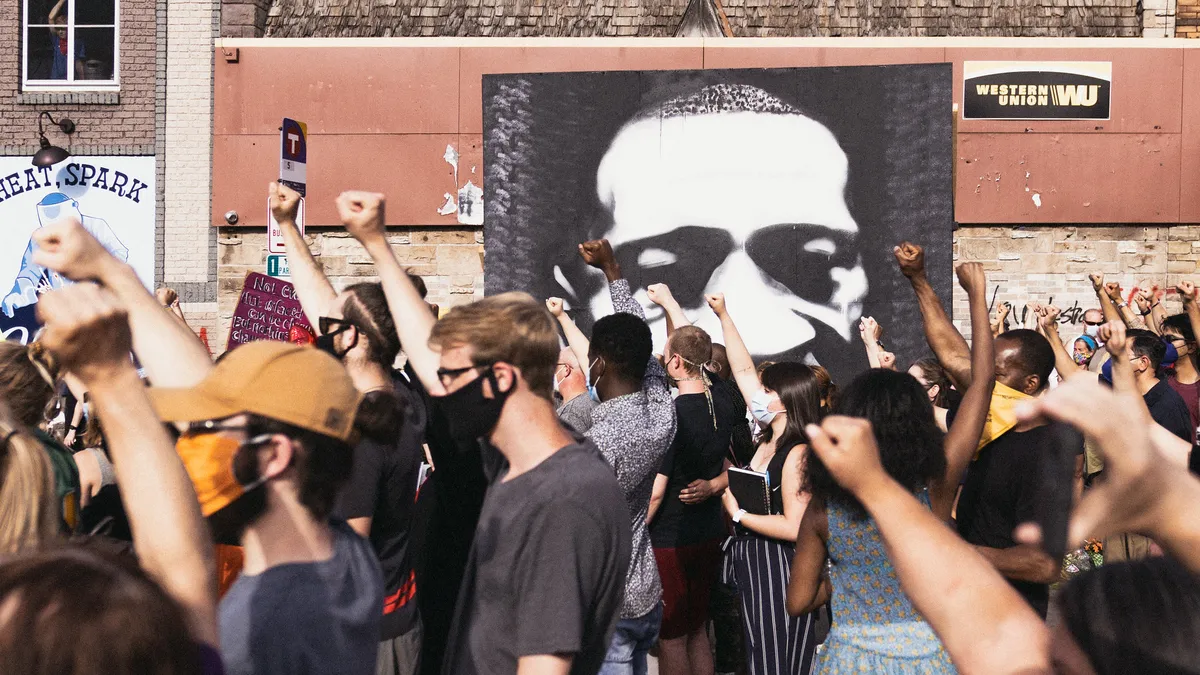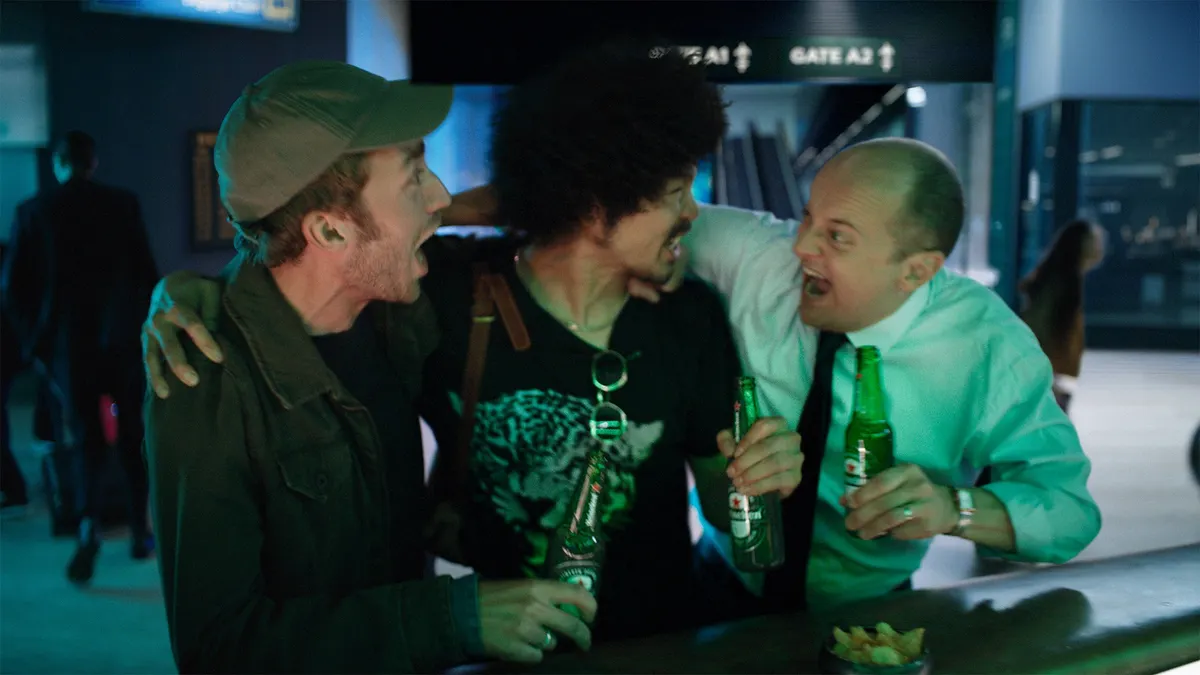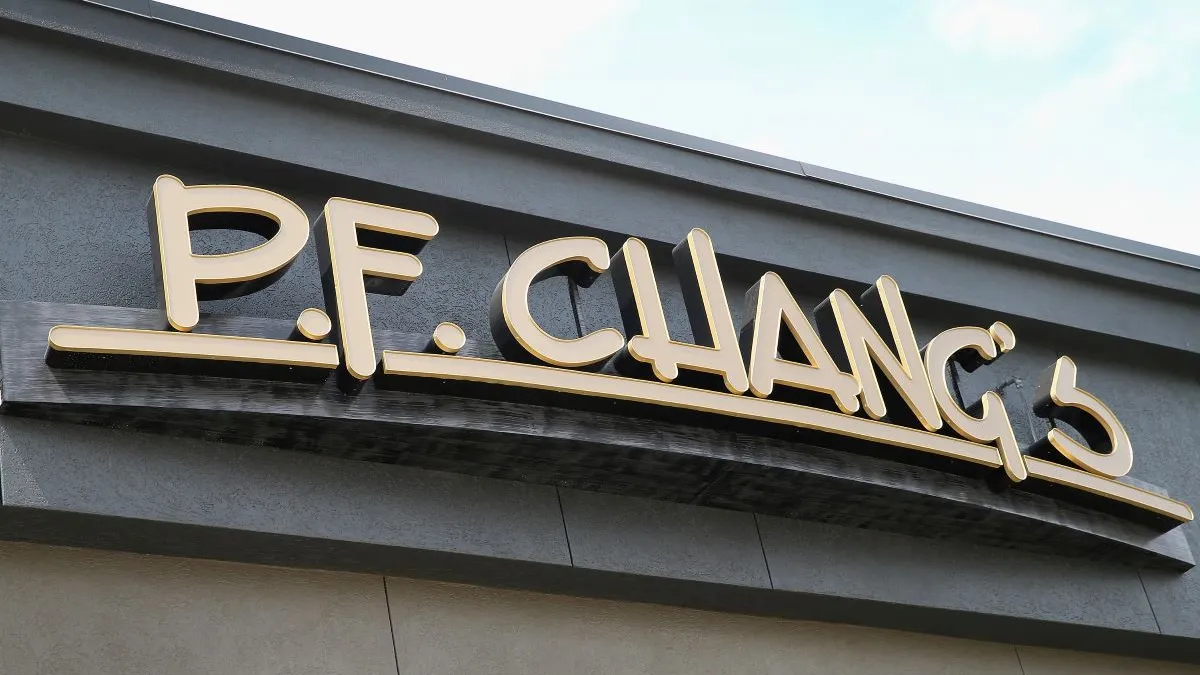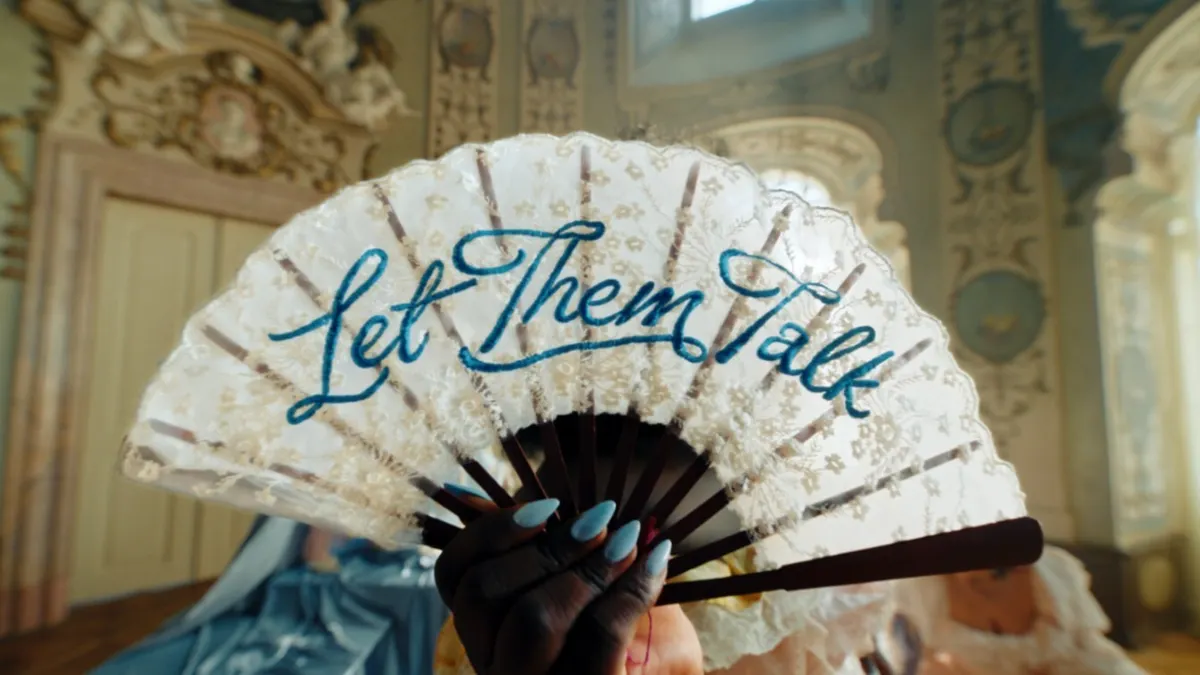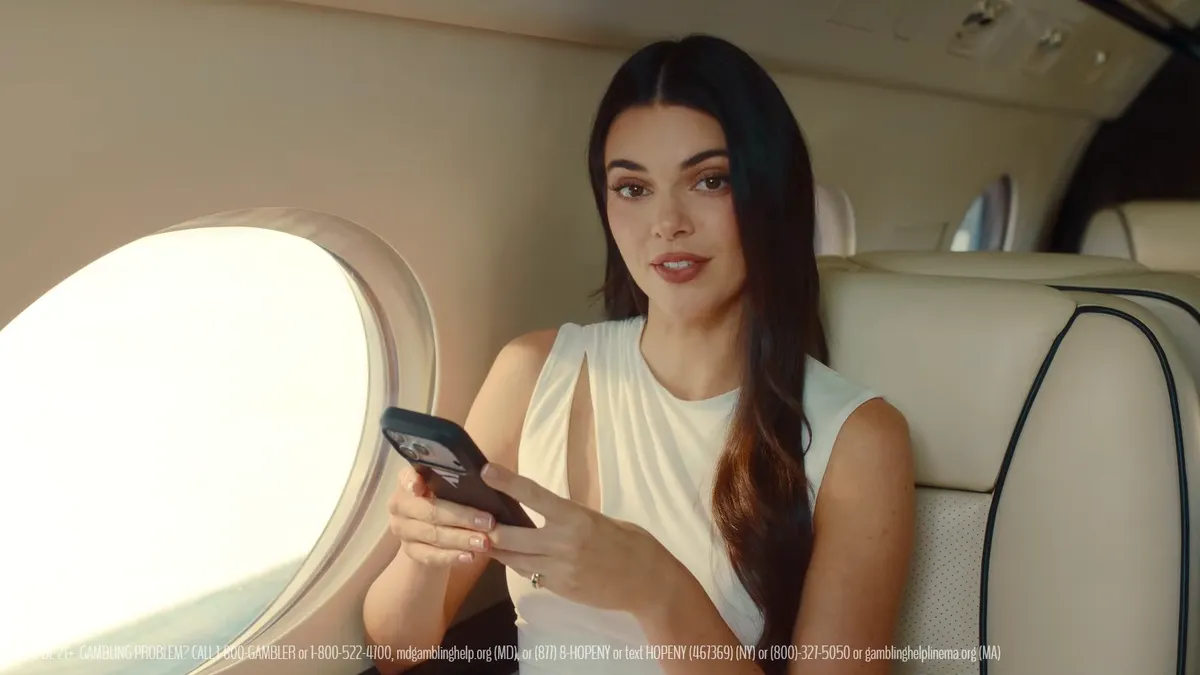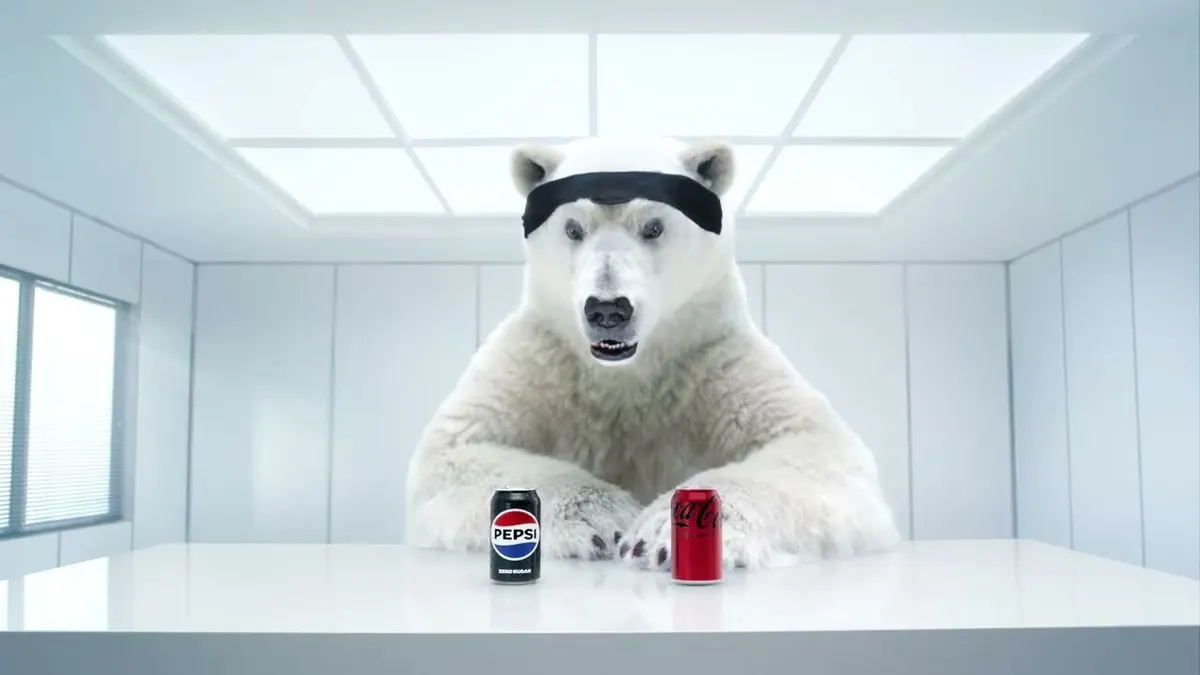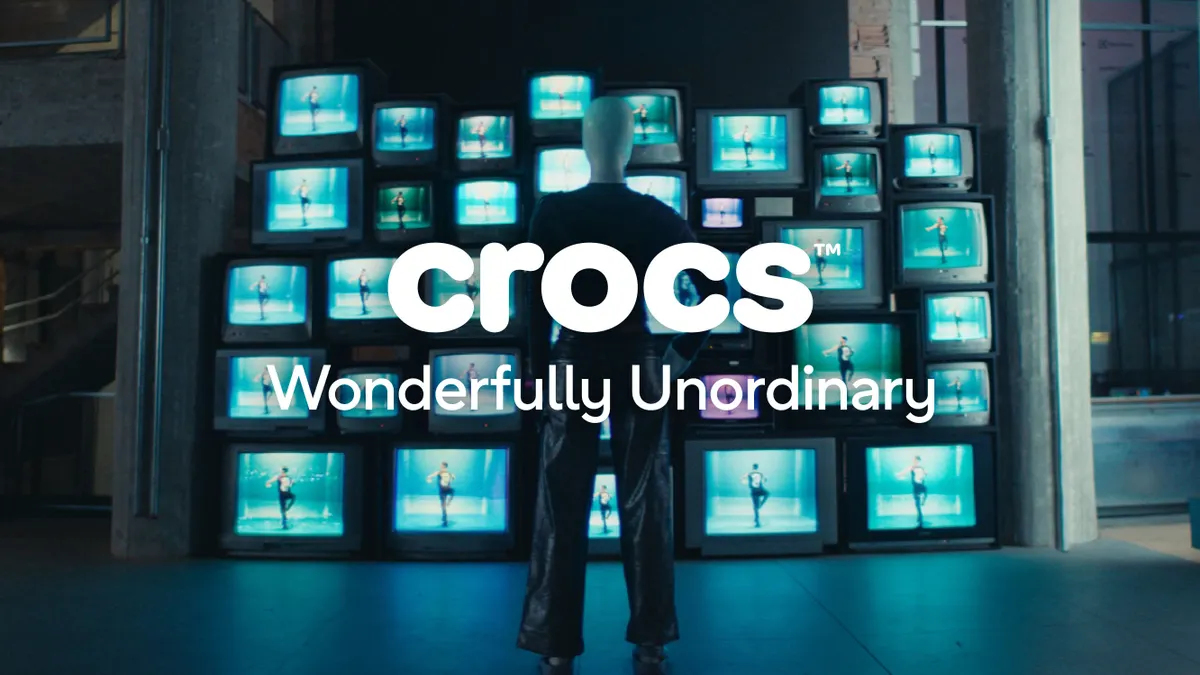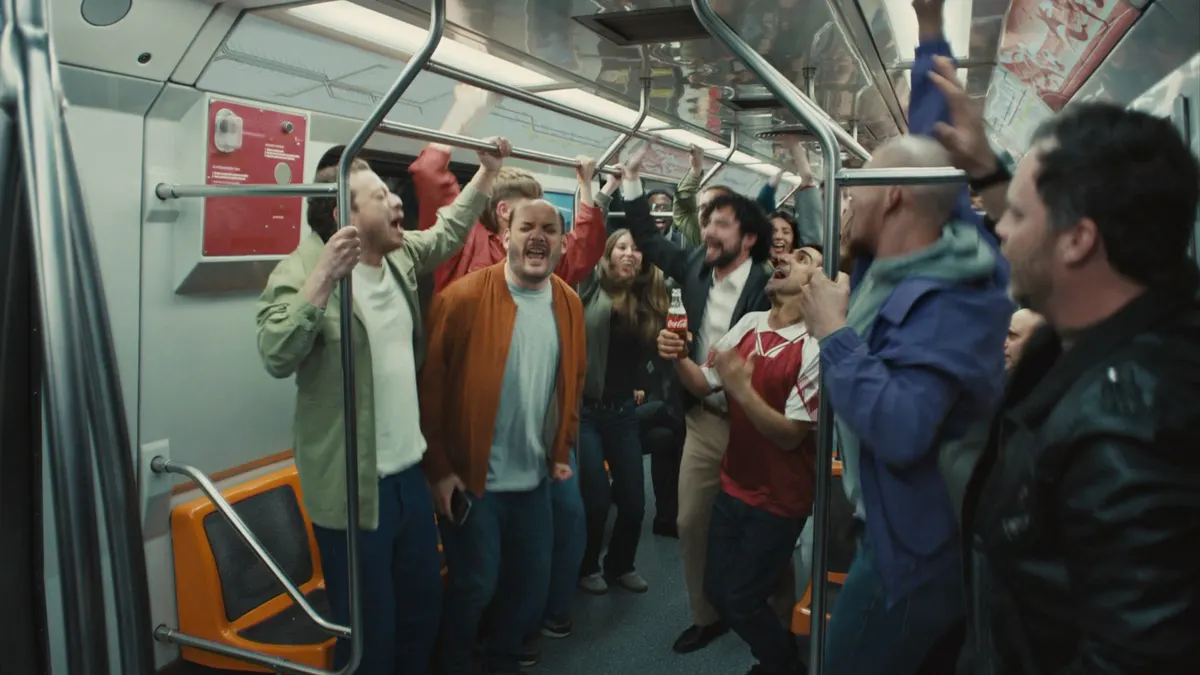Like many industries and aspects of culture over the past few months, the advertising world has been addressing calls for racial justice spurred by global protests that started after the murder of George Floyd. Brands, agencies and platforms have made statements of support, run campaigns about hard-hitting issues, changed how they do business and made commitments for the future.
But four months after Floyd's death and the beginning of protests, many in and around the industry are wondering if the flurry of recent activity will translate to real change in the long run — especially amid the need to address other imperatives like the ongoing pandemic and upcoming presidential election — a topic discussed by several panels during this month's all-virtual Advertising Week.
"The fear that we all have is that this moment in time will pass away, because people are focused on other things... but that doesn't mean we can't walk and chew gum at the same time," Keith Cartwright, co-founder of agency Saturday Morning, said on a panel.
The Black-led Saturday Morning has been at the center of this conversation, even before George Floyd became a household name. The group assembled in 2016 after the police killings of Philando Castile and Alton Sterling, and worked with Procter & Gamble last year on "The Look," a film that highlighted biases that many Black American men encounter. In June, the group issued an open letter that asked businesses not just for sympathy, but for sacrifice, to prevent this moment to fade away without real change, like so many moments before it.
"We have been fortunate to work with leading companies and brands who understand they have a role and the power to be a voice for real change," the letter stated. "Now is the time for action."
Getting in the door — and staying there
For many at Advertising Week, action can and must start at agencies. Some creative shops released their diversity data this summer, putting the lack of diversity at leading, award-winning agencies into stark relief. Several panelists said agencies not only have lagged on hiring Black, Indigenous and people of color (BIPOC) talent, but also have failed to make them feel seen, comfortable and empowered at work.
"There's one thing to getting in the door … and another thing to be embraced in the role and empowered and given the same privilege to succeed and fail... The equity piece is very important," said Saturday Morning's Kwame Taylor-Hayford, noting that equity is a better measure of diversity than just inclusion.
"If brands don't get it right … they'll be left behind, and a whole new crop of organizations will be built to service the next generations."

Krystle Watler
Managing director, Virtue
In the early days of protests, agencies and brands scrambled to hire diverse candidates amid pressure from critics. Now, those companies taking the time to be more thoughtful in their approaches and recalibrating where necessary, according to the discussions at Advertising Week.
Some brands are starting to realign their values and are building diversity and inclusion programs from that foundation, but also focusing on retention programs to ensure those hiring sprees are not done in vain, Tara DeVeaux, executive vice president and chief marketing officer at agency Wild Card, explained in a panel.
"Brands are trying to focus on the culture they're bringing these candidates into… Retention is going to be talked about as much as hiring," she said.
A two-way street
While these changes have resulted from the latest wave of protests over police violence and racial injustice, the past few months have been a demonstration of the power of consumers — both Black and allies — to force marketers to pay attention to the protests or risk serious damage to their bottom lines. Those forces can trickle down to agency partners.
"The businesses are going to push the ad agencies, because if their ad agencies aren't diverse and giving diverse thinking, then their brand suffers, and they end up putting things in the market that have blind spots, to put it lightly," Cartwright said.
However, the push for diversity and diverse thinking can be a two-way street, as well. Agencies can push brands to take real actions, and not just make the type of statements of solidarity that became rote at the beginning of the protests, drawing further criticism.
"As advertisers, marketers and narrators of culture and history … we have a huge responsibility not just to make sure our values and the ways we show up in our communities are responsible, but that we push our clients to be willing to take risks," Jason Rosario, chief diversity, equity and inclusion officer at BBDO Worldwide, said on a panel.
An economic imperative
Agencies certainly have their part in addressing racial justice, but the issue is much larger than one sector alone. Discrimination against Black people has caused the U.S. economy to lose $16 trillion since 2000, according to a Citi Group study. Addressing racial justice is not just a response to social unrest — it's an economic imperative for brands, according to the discussions at Advertising Week. This will likely be even more evident as the diverse Gen Z, which is one-quarter Hispanic and over half POC-identifying, grows its spending power.
"If brands don't get it right … they'll be left behind, and a whole new crop of organizations will be built to service the next generations," Krystle Watler, managing director of creative agency Virtue, said as moderator of the Saturday Morning panel.
To get it "right," brands need to push the conversation beyond where it has been so far this year, per several panelists. For some, the discussions of diversity and representation become reductive, and must be more substantive than checking the boxes of inclusion.
"It sounds like marketers don't want to make money... or it's something else."

Keith Cartwright
Co-founder, Saturday Morning
"It's not just the identities that brands and corporations need to be incorporating and understanding… If you can't actually show up and talk about police brutality, how it disproportionately affects Black people, then there's a problem," said Raquel Willis, trans activist and director of communications at the Ms. Foundation.
Moving from reductive to substantive discussions about racial justice is clearly a work in progress for the advertising world and beyond. Yet some panelists still seemed surprised that even as brands know the benefits of diversity — it makes businesses more creative and thoughtful, it makes brands stronger and brings in more diverse groups of customers — it still isn't happening in a real way.
"It sounds like marketers don't want to make money," Saturday Morning's Cartwright said, "or it's something else."


